"Tit for tat"
Israel was hit by a barrage of missiles on the morning of June 22 as Iran launched a retaliatory attack. Buildings in Tel Aviv were significantly damaged and several people were reported injured.
On the evening of June 22, Israel continued to launch a new attack on Iran. 30 Israeli air defense aircraft attacked dozens of military targets in Isfahan, Bushehr, Ahvaz and for the first time in Yazd, Iran.
Israel's move shows that it has no intention of stopping its military campaign against Iran after the US air force's attack on three strategic nuclear facilities in Iran.
Despite the US president warning that Iran would pay a heavy price if it attacked US facilities in the region, an adviser to Iran's Supreme Leader Ali Khamenei said the bases that US forces have used to launch attacks on Iran are legitimate targets for Tehran.
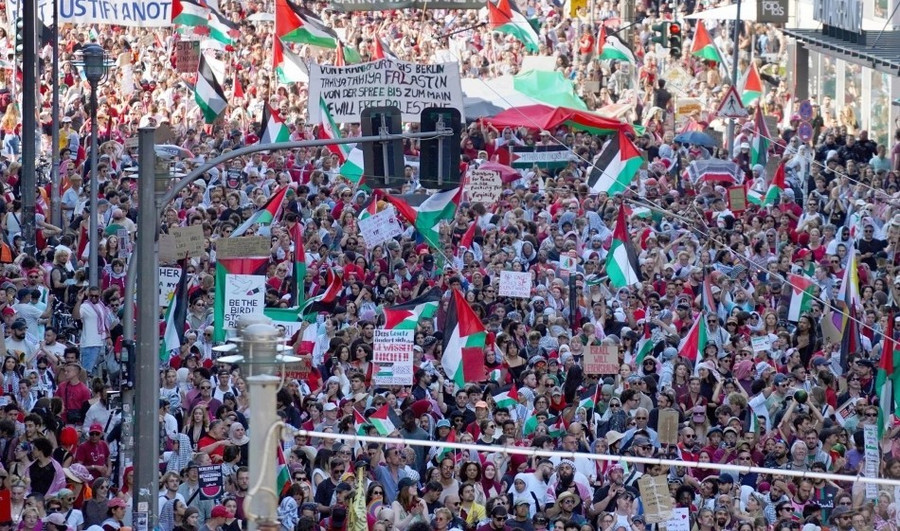
Iranian President Masoud Pezeshkian also affirmed that the US will have to pay back for attacking Iran's nuclear facilities. The statement was made by the Iranian President during a phone call with French President Emmanuel Macron on the evening of June 22.
President Pezeshkian also participated in a large protest in the capital Tehran condemning the US airstrikes. During the protest, thousands of Iranians repeatedly chanted “revenge” and called for an immediate and severe response against the US and Israel.
US Secretary of State Marco Rubio later warned Tehran not to retaliate for Washington's airstrikes on Iran's nuclear facilities, saying such action would be a "terrible mistake".
The US decision to attack Tehran and the escalation of the Israel-Iran conflict has caused concern and reactions from many countries.
Besides Russia, China has continuously responded to the attacks of the US and Israel with accusations that Iran is trying to possess nuclear weapons, many countries in the world have expressed concern about the conflict. Not only in Iran, people in many countries have taken to the streets to protest, calling for an end to the war and a quick peaceful solution.
What does the UN do about the Israel-Iran conflict and the US attack on Tehran?
Following Israel's attack on Iran on June 13, the UN Security Council held an emergency meeting, expressing concern over the conflict, calling on all parties to exercise restraint and come to the negotiating table to resolve the conflict.
Mr. Antonio Guterres - Secretary-General of the United Nations emphasized that the UN Charter is a common framework to avoid the disaster of war, and called on all member states to fully comply with the UN Charter and international law, including international humanitarian law.
Then, as Israel and Iran continued to attack each other back and forth, UN Secretary-General Antonio Guterres on June 18 called for an immediate de-escalation towards a ceasefire.
The UN Secretary-General stressed that diplomacy remains the best and only way to address concerns related to Iran's nuclear program and security issues in the region.
Until the US launched war with Iran on June 22, the UN Security Council held an emergency meeting at 3:00 p.m. New York time to discuss developments in the region, especially the escalating situation between Iran and Israel, as well as Iran's nuclear program.
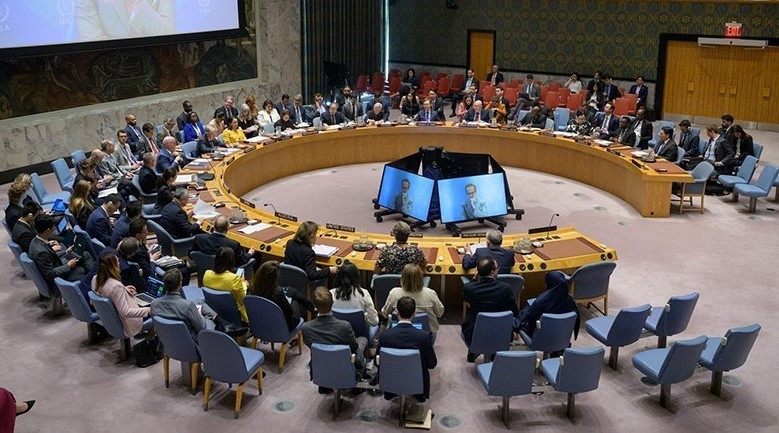
During the meeting, UN Secretary-General Antonio Guterres presented the global body's view on the new developments. He warned that the US airstrikes on Iran's nuclear facilities marked a dangerous turning point in the region, and condemned any further military escalation in the Middle East.
“The US strikes on Iran’s nuclear facilities are a dangerous turning point in an already unstable region,” Mr. Guterres said. He noted that the Middle East “cannot afford another cycle of destruction,” but now the region is at risk of “falling into an endless cycle of retaliation.”
“In these dangerous times, it is important to avoid a spiral of chaos. There is no military solution. The only way forward is diplomacy. The only hope is peace,” he stressed.
On June 22, Director General of the International Atomic Energy Agency (IAEA) Rafael Mariano Grossi said that “the possibility of serious damage at the Fordow nuclear facility cannot be ruled out,” emphasizing that the IAEA has not been able to assess the extent of damage to Iran's nuclear facilities.
The head of the IAEA called on the parties to quickly return to the negotiating table, while emphasizing that international inspectors need to be allowed to return to Iran's nuclear facilities as soon as possible to conduct necessary inspections.
Previously, IAEA Director General Rafael Mariano Grossi said the agency's Board of Governors is scheduled to hold an extraordinary session on June 23 to discuss the situation in Iran, in the context of increasingly worrying nuclear safety and security in the country.
He said the IAEA had been informed by Iran that there had been no increase in external radiation levels, following recent attacks on three nuclear facilities, including Fordow.
Up to now, it can be said that the UN has not played much of a role in the Israel-Iran conflict. Russia, China and some UN members have drafted a resolution on the Israel-Iran conflict, but the feasibility of the resolution is facing great challenges.
Among the 6 central organs of the UN, the Security Council has the main responsibility of maintaining international peace and security with 15 members, of which 5 are permanent members (US, Russia, China, UK, France) and 10 non-permanent members are elected to represent regional groups.
However, the veto power of the permanent members has become one of the biggest obstacles to the Security Council's ability to make effective decisions. Just one country voting against or abstaining can block a major resolution.
The permanent member states of the Security Council, in one way or another, all have their own national interests in many global conflicts, making the consensus process difficult.
Source: https://baogialai.com.vn/lhq-o-dau-trong-cuoc-xung-dot-israel-iran-post329399.html


![[Photo] Prime Minister Pham Minh Chinh chairs the Government's online conference with localities](https://vphoto.vietnam.vn/thumb/1200x675/vietnam/resource/IMAGE/2025/10/5/264793cfb4404c63a701d235ff43e1bd)
![[Photo] Prime Minister Pham Minh Chinh launched a peak emulation campaign to achieve achievements in celebration of the 14th National Party Congress](https://vphoto.vietnam.vn/thumb/1200x675/vietnam/resource/IMAGE/2025/10/5/8869ec5cdbc740f58fbf2ae73f065076)




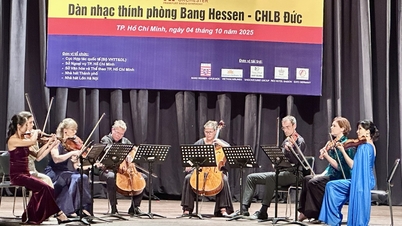

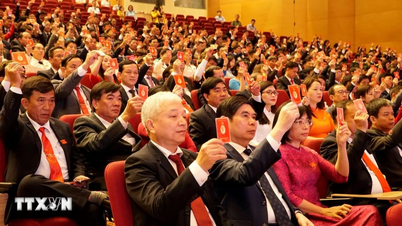

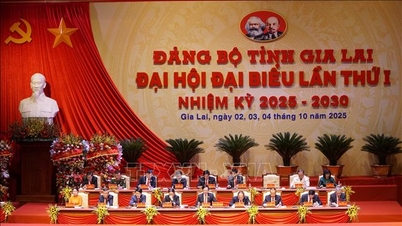




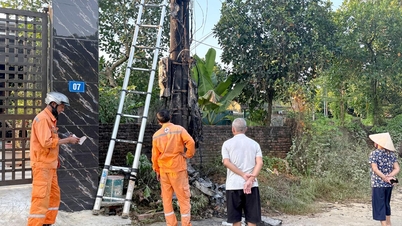

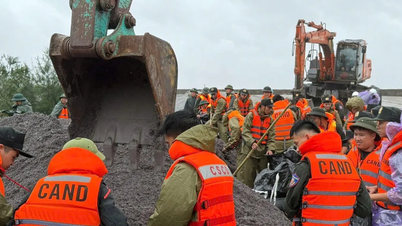

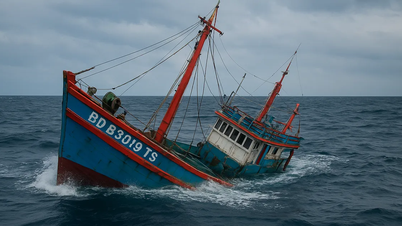
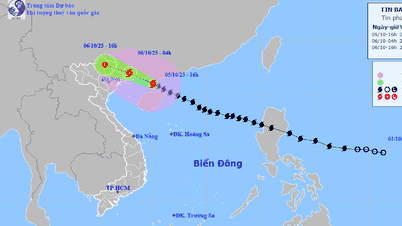



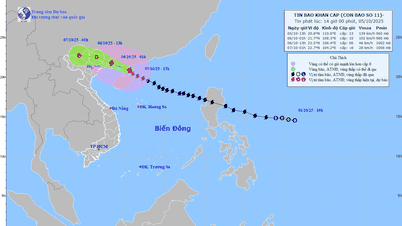




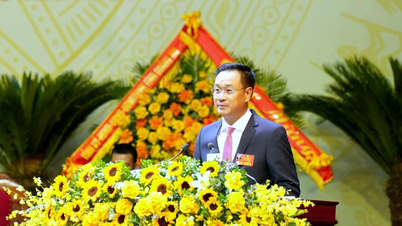


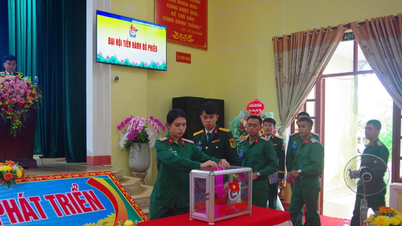

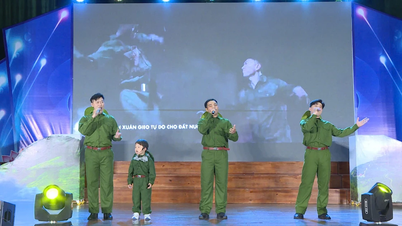
























![[VIDEO] Summary of Petrovietnam's 50th Anniversary Ceremony](https://vphoto.vietnam.vn/thumb/402x226/vietnam/resource/IMAGE/2025/10/4/abe133bdb8114793a16d4fe3e5bd0f12)

![[VIDEO] GENERAL SECRETARY TO LAM AWARDS PETROVIETNAM 8 GOLDEN WORDS: "PIONEER - EXCELLENT - SUSTAINABLE - GLOBAL"](https://vphoto.vietnam.vn/thumb/402x226/vietnam/resource/IMAGE/2025/7/23/c2fdb48863e846cfa9fb8e6ea9cf44e7)














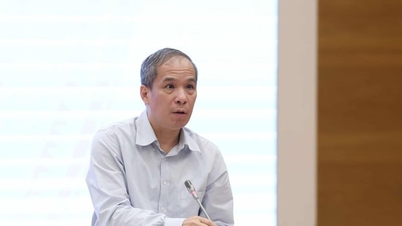



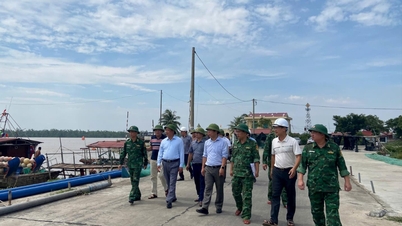












Comment (0)